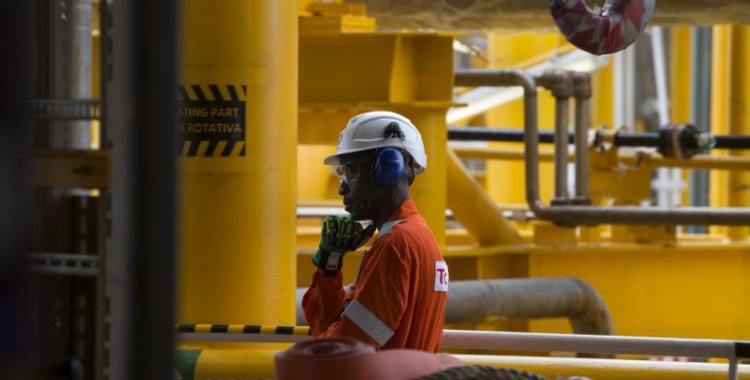"Assuming that the price of crude oil remains depressed in the near future and taking into account the international economic situation, which points to a probable global recession in 2020, it will be quite difficult for Angola to get out of the current recession in which it finds itself," said Tiago Dionísio in statements to Lusa, on the day the consultant sent clients an analysis of the impact of falling oil prices in the country.
Consultant Eaglestone predicts that the drop in oil prices will lead to a 5.6 billion dollars drop in Angola's budget, equivalent to 7.4 percent of GDP, leading to an amending budget.
"Our calculations show that revenues could be 35 percent below the target for this year if the average price of crude is $ 25, not the $ 55 per barrel foreseen in the budget, which represents a drop in revenue from 5.6 billion dollars, or 7.4 percent of the GDP forecast for this year, "reads the note analyzing the impact of falling oil prices on Angola's finances.
In the analysis, the chief economist at Eaglestone writes that "the latest data shows that the oil sector represented more than 96 percent of the country's exports, two-thirds of which go to China, and 60 percent of public revenues last year", which means that," if it is prolonged, this much lower price level could have strong repercussions on public revenues and the Angolan economy".
For Tiago Dionísio, "the current situation with lower oil prices should lead the government to present an amending budget for 2020, where it will possibly include a sharp reduction (and / or repriorization) of public expenditure", and may also "accelerate efforts to obtain more revenues from the non-oil sector, announce new financing from multilateral institutions and / or issue debt on international markets ".
According to the document, the most likely scenario is a mix of these measures "taking into account that an aggressive cut in spending would harm economic activity, which is already very fragile, while resorting mostly to debt issuance would put more pressure on the already high level of public debt, about 100 percent of GDP ".
The increase in interest rates demanded by investors, which have risen significantly in recent weeks, should make the Government "wait until conditions in the financial markets", but this "puts more pressure on oil-dependent countries like Angola".
Thus, he concludes, "the next steps of the Angolan authorities will be crucial, namely in terms of giving a strong signal to the market of its commitment to consolidate public finances, even in the current most difficult context, but Angola will also need help from institutions like the IMF, since the risk of facing problems in paying the debt is now greater than it was previously".
In this consultant's forecasts, a devaluation of 30 percent of the kwanza is assumed against the levels of 2019, to 540 kwanzas per dollar, and a tax rate of 35.6 percent.
"If the average price of crude reaches 25 US dollars this year, then total revenues would be 35.3 percent below the current estimate included in the budget; this also means that the budget deficit would reach 6.0 percent of the GDP this year instead of the current projection of a surplus of 1.2 percent of GDP ", concludes the chief economist of this consultant.







